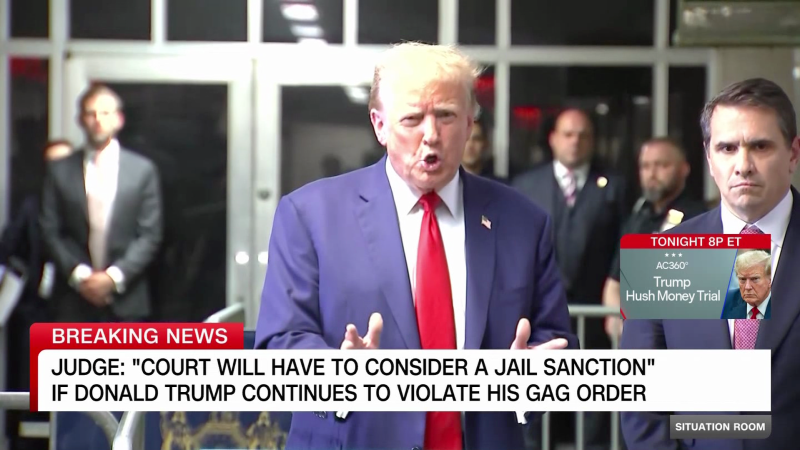It takes a lot of money to buy a sports team. It takes a lot more to buy a sport. So, where did Saudi Arabia get all the cash required to take over golf?
If you said “oil,” you’re at least on the fairway. But specifically, columnist Josh Rogin explains, the windfall comes from Ukraine. Josh writes how once the West stopped buying Russian oil, it turned to Saudi Arabia — which itself started buying Russian oil so it could export more of its own at ever higher prices.
Is any of that money making its way back to Ukraine? You probably already know the answer to that question. Josh writes that increased humanitarian aid is “the very least the Saudi regime could do.”
So what about all the Ukraine questions you don’t know the answer to? Assignment editor Damir Marusic compiled five of them and rounded up the smart things — hey, that’s my job! — that Post Opinions has recently said on the subjects.
The most helpful to me, as someone eager for news on the progress of Ukraine’s counteroffensive: Why aren’t we getting any?
Chaser: In case you missed it, deputy opinion editor David Von Drehle wrote last week that golf is a great fit for the U.S.-Saudi relationship: It’s always been about fake friends.
Voting rights, for all the wrong reasons?
John Roberts is large. John Roberts contains multitudes! And so does Post Opinions, with two more takes on the chief justice’s stunning decision to join Justice Brett M. Kavanaugh and the three liberals in protecting a key part of the Voting Rights Act.
The Editorial Board writes that the decision was a win for judicial restraint and that Roberts deserves commendation for at least temporarily reining in “what has become a reckless, activist court.” The board grants that cynics might see ulterior motives; no matter what the motivation, though, “the result is the same.”
Columnist Jennifer Rubin is one of those cynics, and she doesn’t think Roberts really contradicts himself at all. This decision is in keeping with what Jen sees as Roberts’s habit of periodically turning down the heat when the pasta pot is about to boil over.
Specifically, she worries the chief justice is getting ready to make a starchy mess of affirmative action all over the stovetop. That leads her to a conclusion very different from the board’s: While grateful for the voting-rights reprieve, she says we ought to think of Roberts “not so much as an institutionalist … but as an unprincipled politician.”
Chaser: Last year, associate editor Ruth Marcus took a long look inside the chief justice’s head and came away recounting “the tragedy of John Roberts.”
From Charles Lane’s column arguing that the debt plan and the Paycheck Protection Program (PPP) … are really not comparable. Or, at least that the Biden administration should stop trying to say they’re basically the same thing!
Chuck has watched the administration deploy the argument over and over again: Conservatives who take issue with student debt relief had no qualms helping businesses without any expectation of repayment.
One problem: Students chose college and college financing. As for companies, unless you’re in, say, tech or delivery, you probably wouldn’t have picked a pandemic, and it was on government instructions that so many closed up shop.
“There are strong arguments to be made” for Biden’s plan, Chuck writes. This is just not one of them.
Chaser: We’ll get a Supreme Court decision on Biden’s plan any day now. The Editorial Board wrote in March that the court shouldn’t stop it.
The Apple Vision Pro announcement came out when I was in Japan, and it was all too easy while walking past VR and AR arcades in Shinjuku City to see how such a gadget could catch on. Cartoonist Edith Pritchett imagined the future in a very funny comic; the other panels are great, too.
And a particularly thoughtful letter from reader Kathleen Wright of Philadelphia got me wondering who’s really left out of “immersive experiences.” Apple would have us believe that we’re missing out if we’re not be-goggled, but Wright worries for the immersed users.
“Aren’t our ‘deepest experiences,’” she asks, “the ones we live by, not experiences that leave others out but instead experiences shared with others?”
- When Josie Glausiusz wrote about the poems that got her through grief, we asked about the verses that saw you through. Here are your (lovely) selections.
- Fire scientist Jennifer K. Balch writes that wildfires were once slowed by night and winter. Not anymore.
- The popular vote compact gaining traction across the states might sound like a dream to foes of the electoral college. But columnist Jason Willick envisions a scenario in which things go very, very wrong.
It’s a goodbye. It’s a haiku. It’s … The Bye-Ku.
Strands professional golfers
Have your own newsy haiku? Email it to me, along with any questions/comments/ambiguities. See you tomorrow!







More News
Gaza Isn’t Root of Biden’s Struggles With Young Voters, Polls Show
U.S. Army Soldier Is Detained in Russia
Inside the White House Scramble to Broker a Deal in Gaza